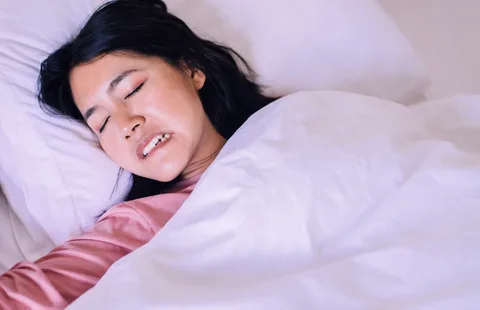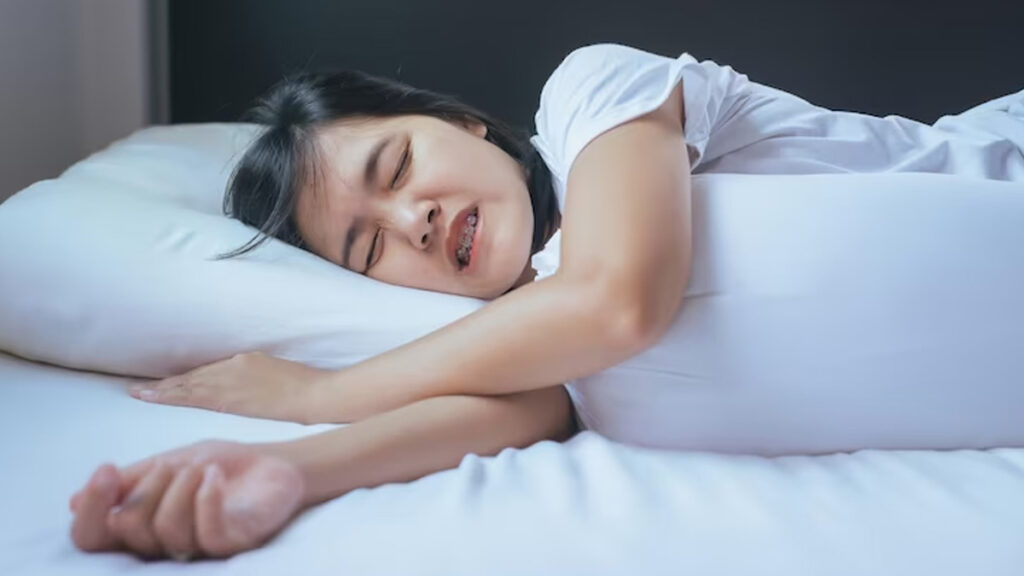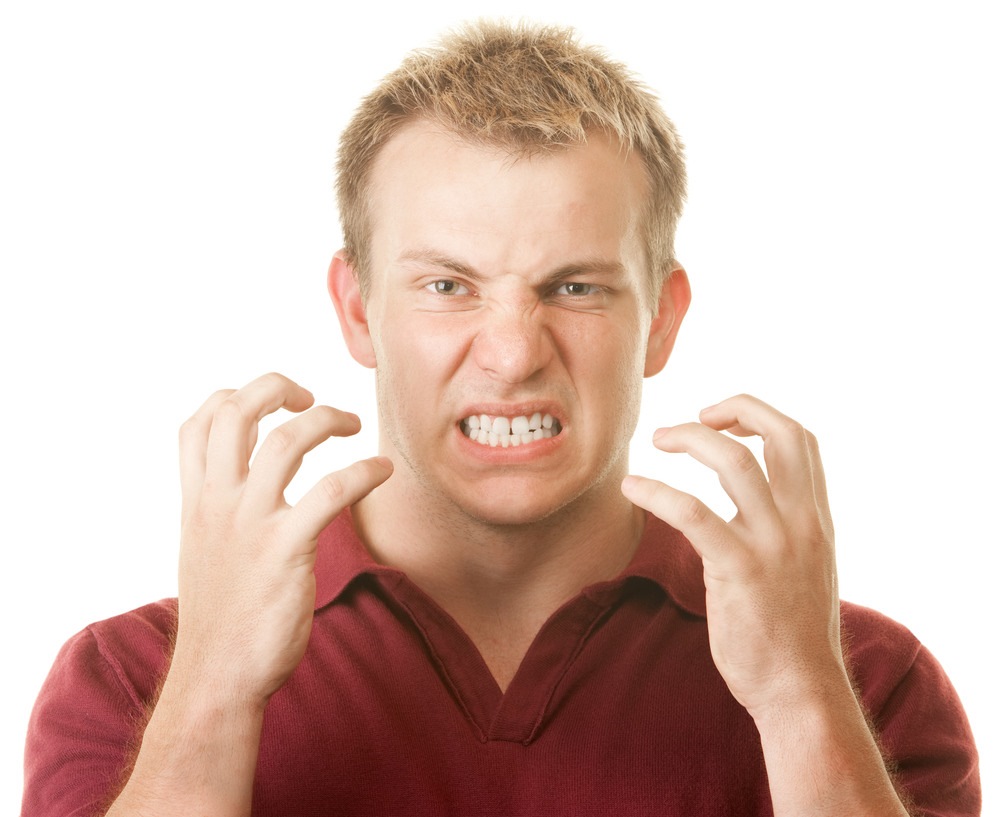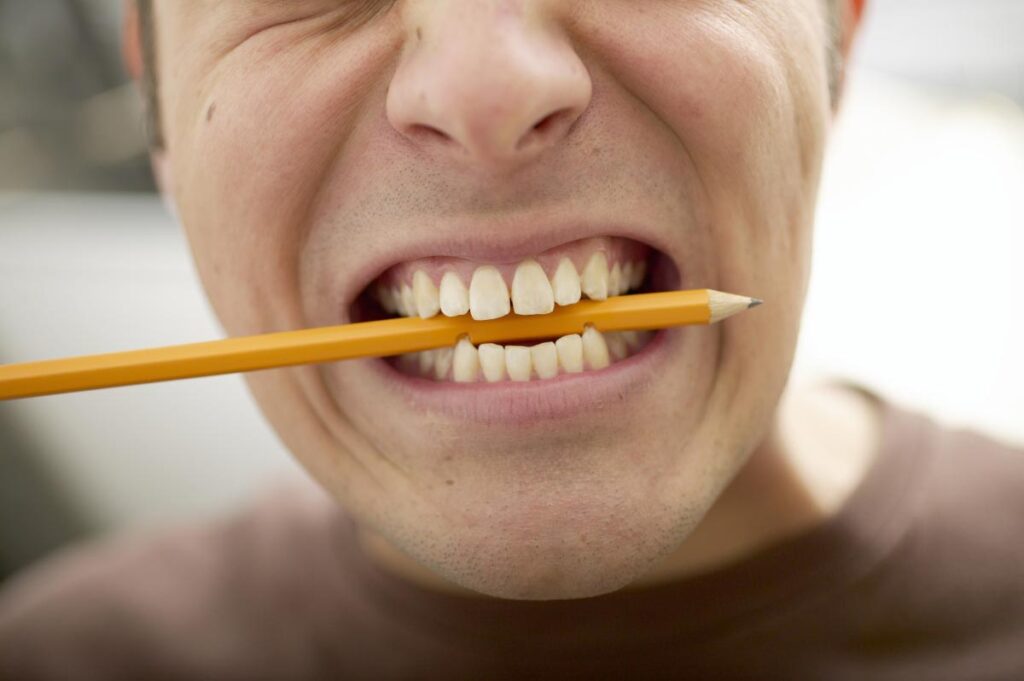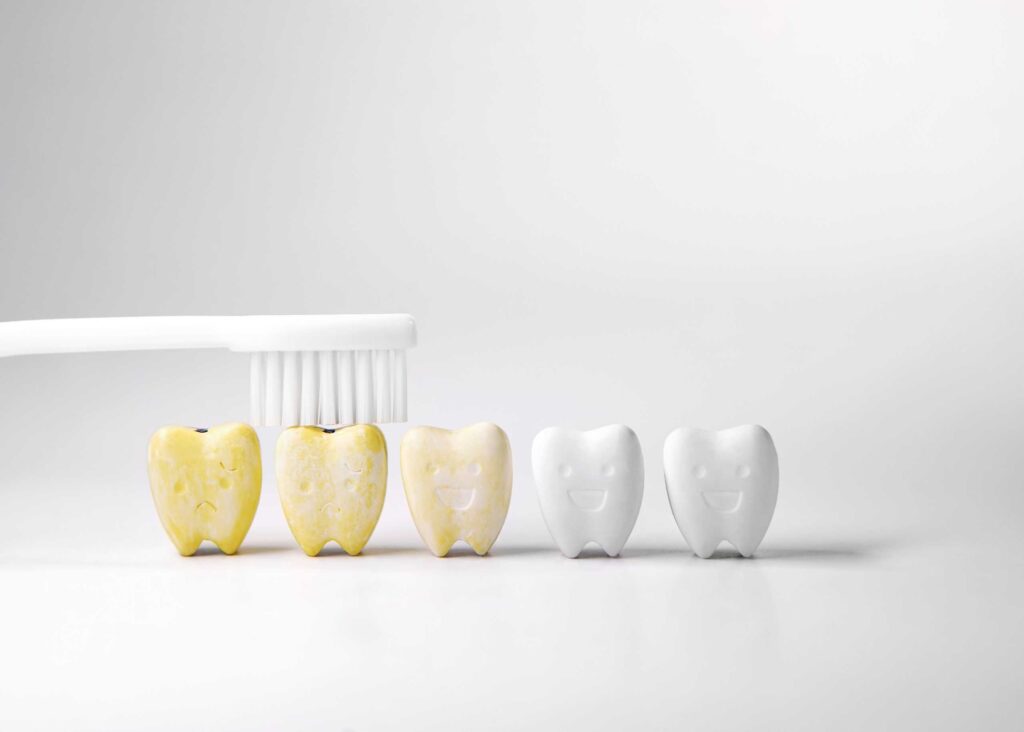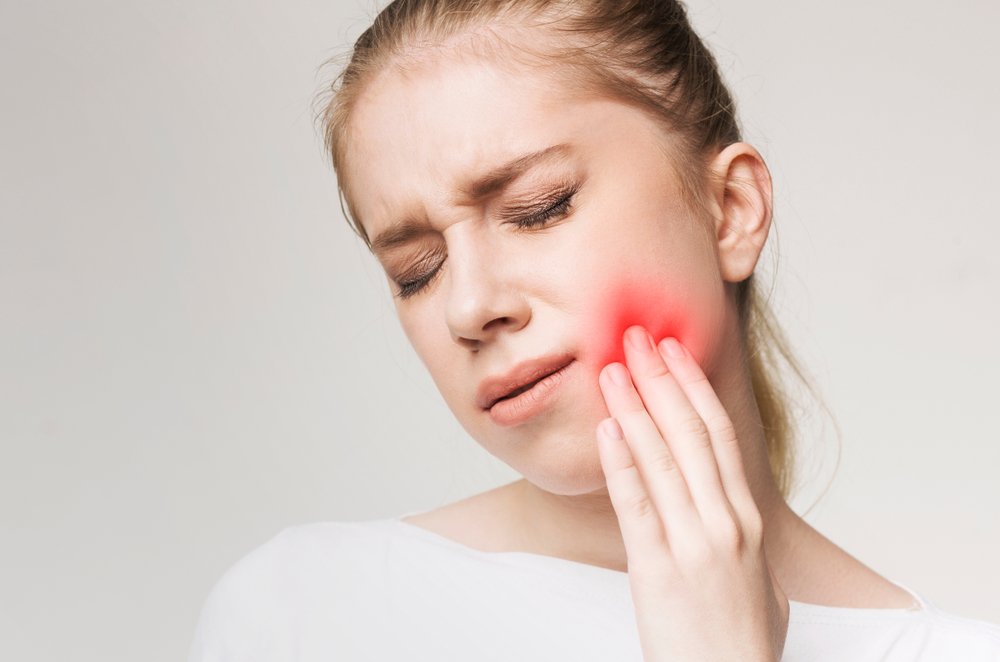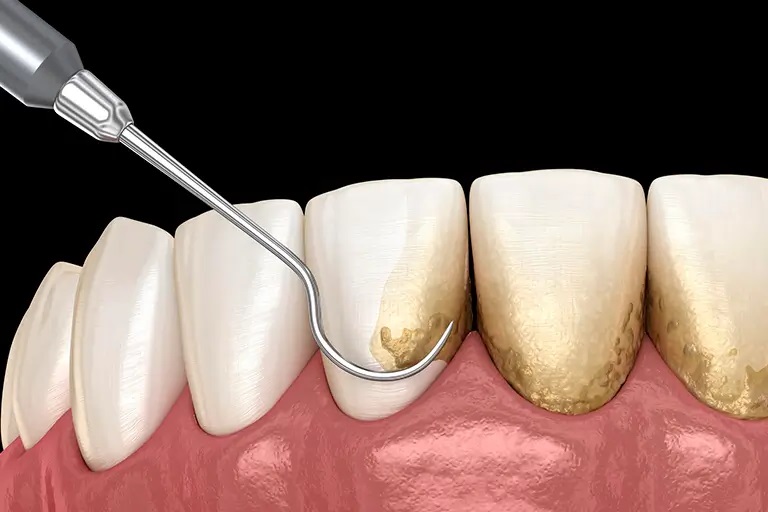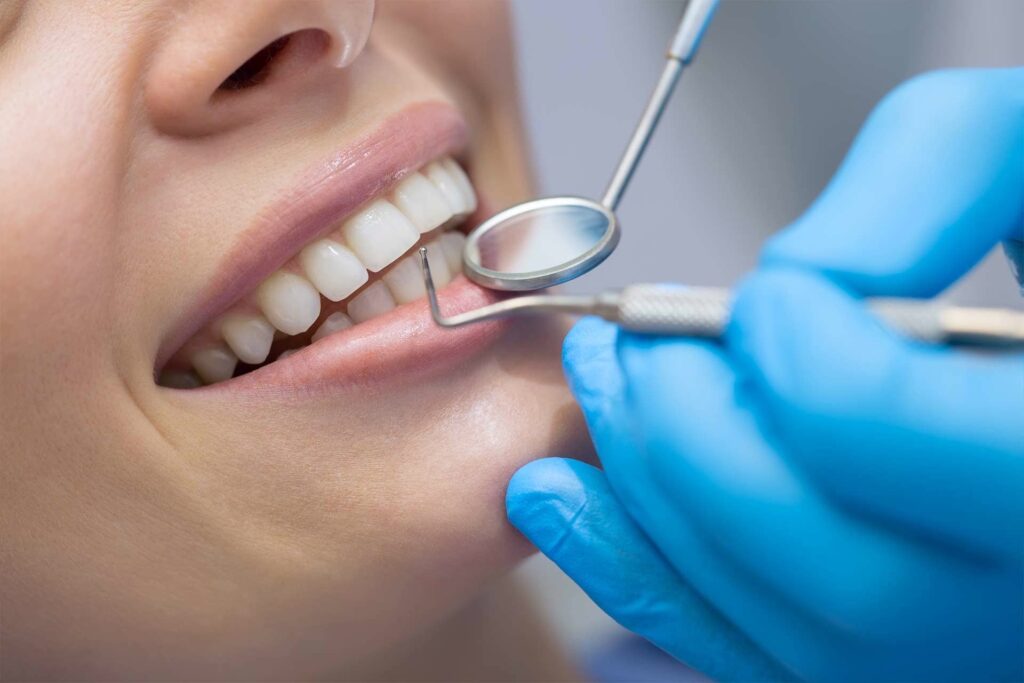- Home
- About
- Services
- Dental Emergency
- Child Dentistry
- Crown and Bridges
- Dental Checkup
- Dental Implants
- Dental X-Ray
- Dentures
- General and Family Dentistry
- Invisible Aligners
- Metallic Braces
- Surgical Tooth Extraction
- Root Canal Treatment
- Scaling & Polishing
- Teeth Whitening
- Tooth Filling
- Veneers
- Wisdom Tooth Extraction
- Laser Dentistry
- Digital Smile Design
- Composite Tooth Bonding
- General Anaesthesia for Kids
- 3D Guided implants
- Thumb Sucking Appliance
- General Anaesthesia for Adults
- Night Guard
- TMJ Treatment
- All on 4 Implants
- Same Day Implants
- Retainers
- Gum Treatment
- All on 6 Implants
- Dental Emergency
- Child Dentistry
- Crown and Bridges
- Dental Checkup
- Dental Implants
- Dental X-Ray
- Dentures
- General and Family Dentistry
- Invisible Aligners
- Metallic Braces
- Surgical Tooth Extraction
- Root Canal Treatment
- Scaling & Polishing
- Teeth Whitening
- Tooth Filling
- Veneers
- Wisdom Tooth Extraction
- Laser Dentistry
- Digital Smile Design
- Composite Tooth Bonding
- General Anaesthesia for Kids
- 3D Guided implants
- Thumb Sucking Appliance
- General Anaesthesia for Adults
- Night Guard
- TMJ Treatment
- All on 4 Implants
- Same Day Implants
- Retainers
- Gum Treatment
- All on 6 Implants
- Our Dental Surgeons
- Blogs
- Contact us


